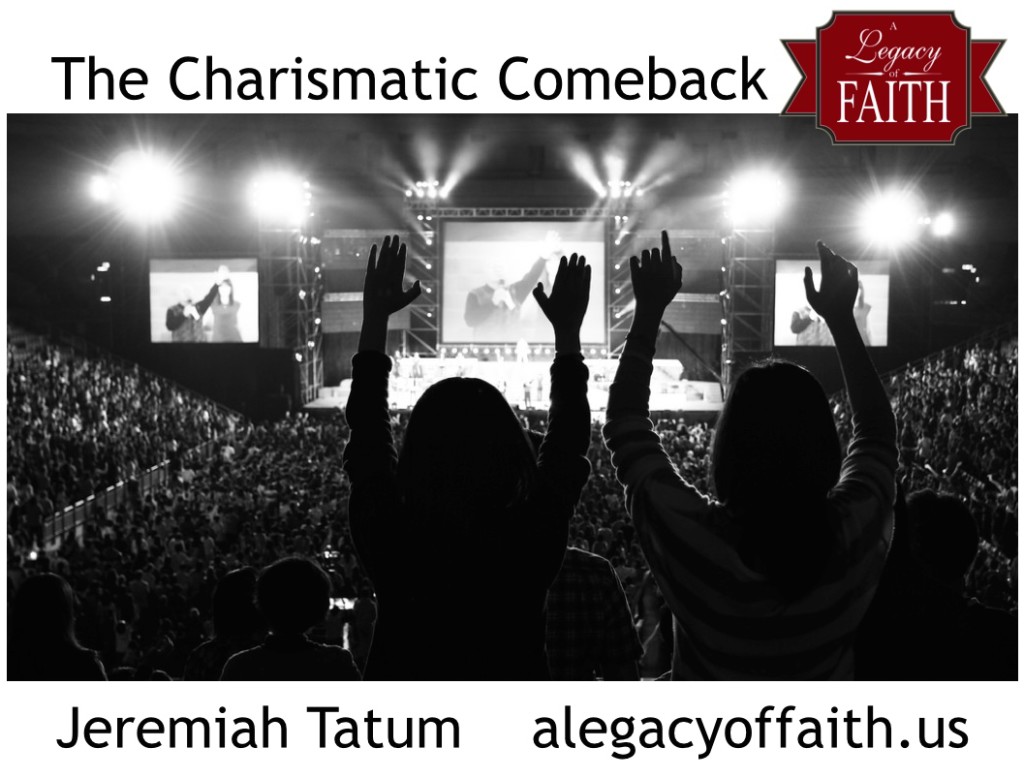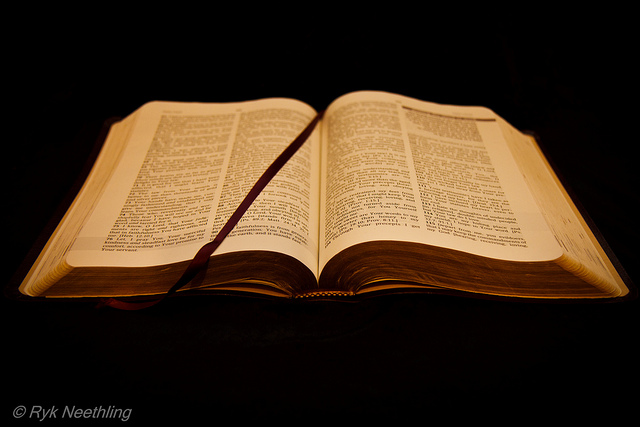The Charismatic Comeback
Pentecostalism and its tenants arose around the beginning of the 20th century. This religious group first began with a reclaiming of the miraculous spiritual gifts that were characteristic of the apostolic age. To date, their church historians boast over 200 million members worldwide who would fall into the category of “Denominational Pentecostals.”
Slightly separate–but not altogether removed–from the rise of Pentecostalism was the Charismatic Movement of the mid-20th century. The influence and popularity of the notion that the Holy Spirit was once again working miraculously began infiltrating the denominational spectrum. This movement brought forth the creation of “Charismatic Christians;” that is, those who believe that the gifts of the Holy Spirit as described in the New Testament are available to contemporary Christians. The gifts are viewed as supernatural, manifested by miracles, signs, and wonders. The specific nature of the gifts include, but are not limited to, speaking in tongues, interpreting tongues, healing, prophecy, knowledge, and spiritual discernment.
As the Charismatic movement began to spread, so did televangelism. Networks like PTL quickly sprang up and gave rise to money-making schemes and charismatic personalities. But the Jim Bakkers and the Jimmy Swaggarts of the movement soon left the effort lagging and unpopular. Preacher’s mansions, stories of adultery and scandal, combined with the imagery of churches robbing widow ladies of their life’s savings took away quickly from excitement of the charismatic community. Before long momentum was lost, and it was back to denominations doing their own thing as usual.
The 21st century religious culture is different. The charismatic movement is back, and stronger than ever. It just wears a different face. People are once again “hooked on a feeling.” And the modern view of the Holy Spirit is providing the people who love to feel for God exactly what they want. People are shying away from denominationalism. Instead, they are interested in churches that can’t be put in a box. Even people in the Lord’s church have been persuaded into a desire for an anointing that resides somewhere outside of the Biblical text.
The churches with the biggest rise in numbers are basically lingering shadows of Pentecostalism in their beliefs and practices, but they don’t want the name. Instead they want the name of a mountain, or a river, or a creek, or a fruit of the spirit. They want to sound holy, inspirational, and transcendent. They want the world to believe they can come to their church to receive enlightenment and a holy awakening. They tell millennials that they don’t have to believe what their parents believed. And the disgruntled, over-structured middle-aged and the post-high school idealists are flocking to them.
The problem lies in what is being lost in that which seems to be a worthy attempt at spirituality. There is an overall lack of respect for the authority of Scripture. People who attend these churches are often sold on the social aspect of a Christian community, but the community has no true depth. Churches now resemble coffee houses or indoor theme parks.
True Christianity is not outward but inward. It is a taught religion. Its very identity is found in a deep and meaningful study of the word of God. God’s word is unchanging. It is settled in heaven. And the church that is His is not a new church, but rather the same church that Jesus built on Pentecost. It is a pre-denominational entity, the one body of Christians to whom the New Testament was written. The true church still wears a Biblical name, is organized by the authority of Scripture, and worships and practices according to the divine text.
The charismatic comeback has no concerns for such notions. Whatever appeals to the senses, whatever entertains the masses, whatever fills the pews will happily be provided by these new user-friendly churches. It has become less about God and more about the people. It is no longer what can I do for the church, but what can the church do for me? It is no longer what church should I belong to, but it is what is the church of my choice?
The same spirit that said over a century ago, “We want the miraculous gifts back,” is now saying, “We want our right to feel the way we want to feel.” Either way, it is the same spirit. It is the spirit of humanism over the humility that enthrones God. In the end, it will lead to the same destiny. The people will be allowed to shape God into their own image, and in the end the god they serve will cease to be Jehovah. And in the judgment scene this god they have created will deliver about as well as the gods of Mount Carmel. And that won’t be a feeling anyone will want to experience.
“For the time will come when they will not endure sound doctrine, but according to their own desires, because they have itching ears, they will heap up for themselves teachers; and they will turn their ears away from the truth, and be turned aside to fables.” – 2 Timothy 4:3-4
——
To Receive Every Post via Email for Free, Click Here
Photo background credit: Aikawa Ke on Creative Commons




